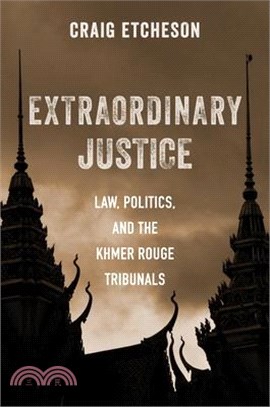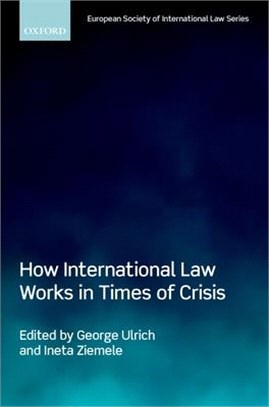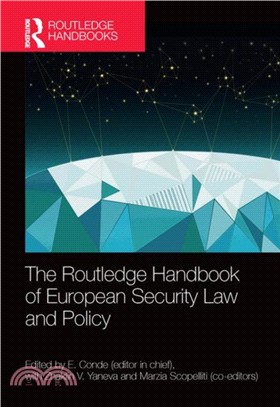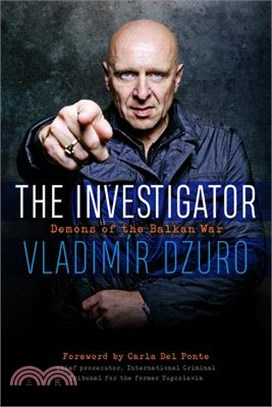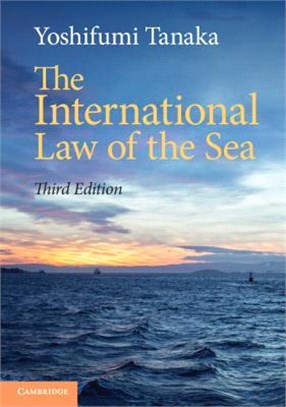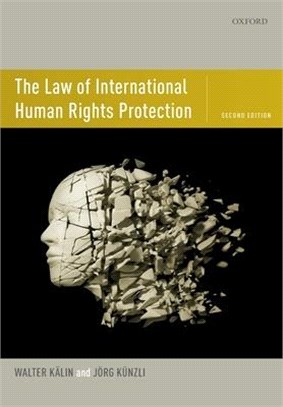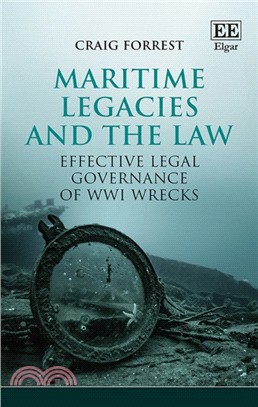共
6519 筆
第6 / 163 頁
若需訂購本書,請電洽客服 02-25006600[分機130、131]。
若需訂購本書,請電洽客服 02-25006600[分機130、131]。
優惠價:9
3510
無庫存
若需訂購本書,請電洽客服 02-25006600[分機130、131]。
若需訂購本書,請電洽客服 02-25006600[分機130、131]。
若需訂購本書,請電洽客服 02-25006600[分機130、131]。
出版日:2019/11/18
作者:Chang-fa Lo (EDT);
Junji Nakagawa (EDT);
Tsai-fang Chen (EDT)
出版社:Springer Nature
裝訂:精裝
若需訂購本書,請電洽客服 02-25006600[分機130、131]。
出版日:2019/11/17
作者:Stephen Allen (EDT);
Daniel Costelloe (EDT);
Malgosia Fitzmaurice (EDT);
Paul Gragl (EDT);
Edward Guntrip (EDT)
出版社:Oxford Univ Pr
裝訂:精裝
若需訂購本書,請電洽客服 02-25006600[分機130、131]。
若需訂購本書,請電洽客服 02-25006600[分機130、131]。
若需訂購本書,請電洽客服 02-25006600[分機130、131]。
若需訂購本書,請電洽客服 02-25006600[分機130、131]。
出版日:2019/11/14
作者:Koen Lenaerts (EDT);
Jean-Claude Bonichot (EDT);
Heikki Kanninen (EDT);
Caroline Naômé (EDT);
Pekka Pohjankoski (EDT)
出版社:Hart Pub Ltd
裝訂:精裝
若需訂購本書,請電洽客服 02-25006600[分機130、131]。
出版日:2019/11/14
作者:Elena Conde Pérez (EDT);
Marzia Scopelliti (EDT);
Zhaklin Yaneva (EDT)
出版社:Routledge
裝訂:精裝
若需訂購本書,請電洽客服 02-25006600[分機130、131]。
若需訂購本書,請電洽客服 02-25006600[分機130、131]。
若需訂購本書,請電洽客服 02-25006600[分機130、131]。
若需訂購本書,請電洽客服 02-25006600[分機130、131]。
若需訂購本書,請電洽客服 02-25006600[分機130、131]。
出版日:2019/11/07
作者:Valeria Pulignano (EDT);
Frank Hendrickx (EDT);
Antonio Aloisi (CON);
Wike Been (CON);
Andrea Bellini (CON)
出版社:Kluwer Law Intl
裝訂:平裝
若需訂購本書,請電洽客服 02-25006600[分機130、131]。
219.
Scholarship, Practice and Education in Comparative Law ― A Festschrift in Honour of Mary Hiscock
出版日:2019/11/05
作者:John H. Farrar (EDT);
Vai Io Lo (EDT);
Bee Chen Goh (EDT)
出版社:Springer Nature
裝訂:精裝
若需訂購本書,請電洽客服 02-25006600[分機130、131]。
出版日:2019/11/04
作者:Simon Chesterman (EDT);
Hisashi Owada (EDT);
Ben Saul (EDT)
出版社:Oxford Univ Pr
裝訂:精裝
若需訂購本書,請電洽客服 02-25006600[分機130、131]。
優惠價:1
1138
無庫存
出版日:2019/11/01
作者:Francesco Francioni (EDT);
Natalino Ronzitti (EDT);
Giorgio Sacerdoti (EDT);
Riccardo Pavoni (EDT)
出版社:Martinus Nijhoff
裝訂:精裝
若需訂購本書,請電洽客服 02-25006600[分機130、131]。
若需訂購本書,請電洽客服 02-25006600[分機130、131]。
若需訂購本書,請電洽客服 02-25006600[分機130、131]。
若需訂購本書,請電洽客服 02-25006600[分機130、131]。
優惠價:1
3900
無庫存
優惠價:9
2321
無庫存
若需訂購本書,請電洽客服 02-25006600[分機130、131]。
若需訂購本書,請電洽客服 02-25006600[分機130、131]。
若需訂購本書,請電洽客服 02-25006600[分機130、131]。
若需訂購本書,請電洽客服 02-25006600[分機130、131]。
優惠價:1
3660
無庫存
若需訂購本書,請電洽客服 02-25006600[分機130、131]。
若需訂購本書,請電洽客服 02-25006600[分機130、131]。
若需訂購本書,請電洽客服 02-25006600[分機130、131]。
若需訂購本書,請電洽客服 02-25006600[分機130、131]。
若需訂購本書,請電洽客服 02-25006600[分機130、131]。
若需訂購本書,請電洽客服 02-25006600[分機130、131]。
若需訂購本書,請電洽客服 02-25006600[分機130、131]。





